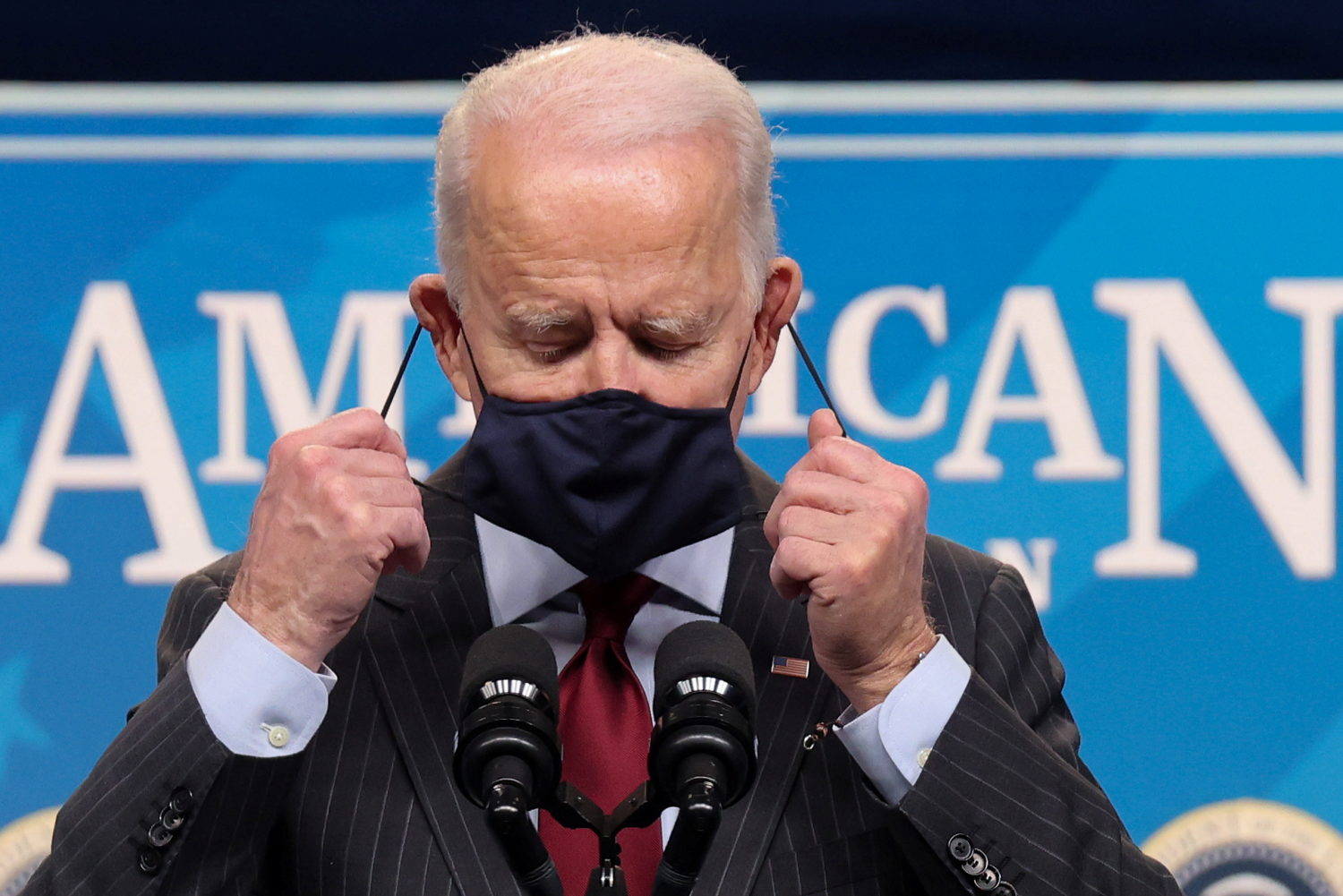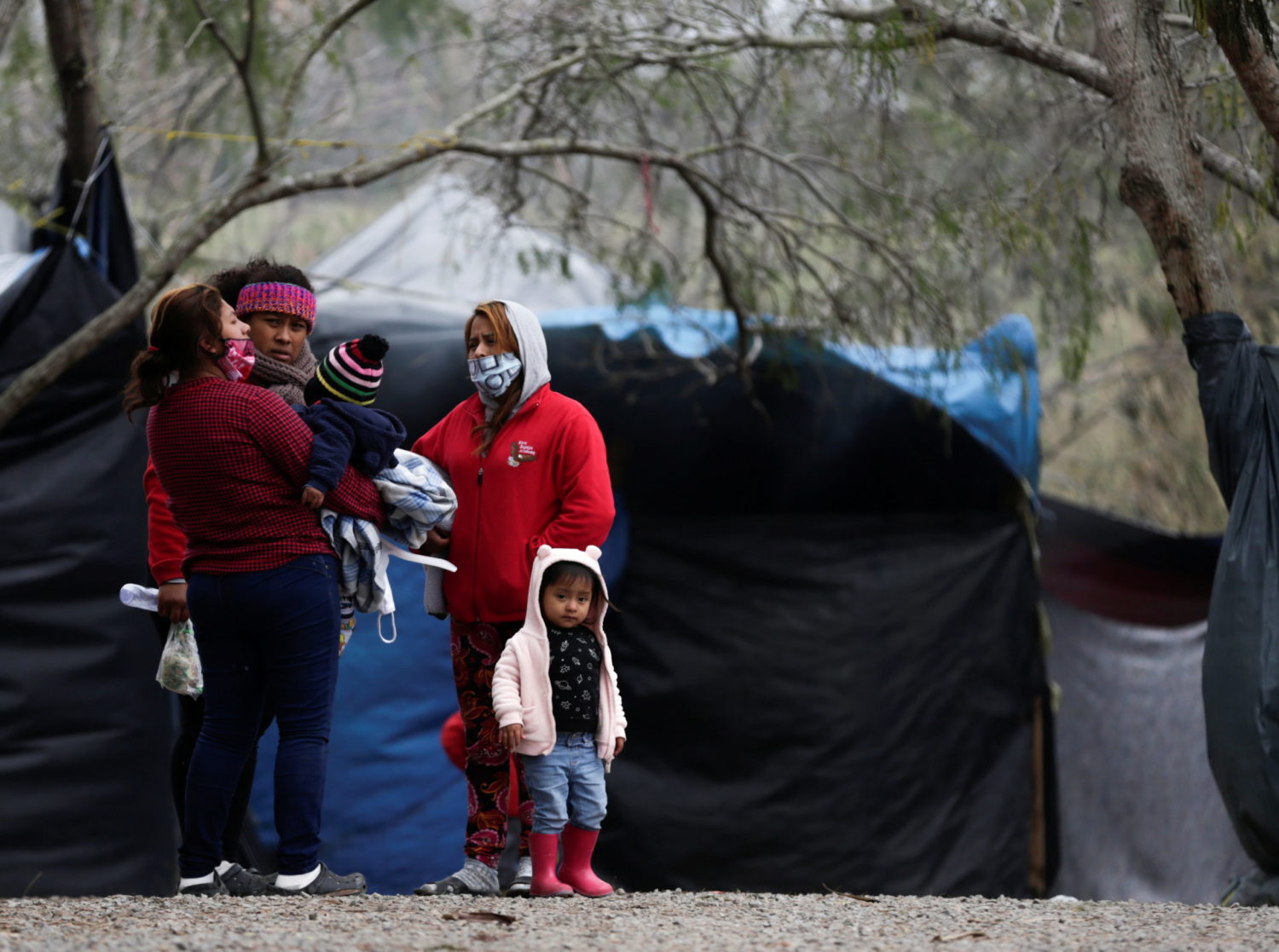
By Susan Heavey and Nandita Bose
WASHINGTON (Reuters) – U.S. President Joe Biden on Friday rounded out his White House staff with a top adviser who has advocated for breaking up Big Tech companies along with a host of new appointments focused on COVID-19, criminal justice and the economy.
The White House announced six additional staffers to its National Economic Council, including Columbia University professor Tim Wu, who coined the term “net neutrality” and has warned against an economy dominated by a few giant firms.
Wu authored “The Curse of Bigness: Antitrust in the New Gilded Age” in 2018, in which he warned about the inequalities created by extreme economic concentration.
“I think breakups or undoing of mergers are actually called for more than we have appreciated in the last few decades,” Wu has said previously about Big Tech companies.
Wu served as senior enforcement counsel to the New York Attorney General and as adviser at the Federal Trade Commission and the National Economic Council.
“Putting this twitter feed on hold for now — so long!” Wu, said in a post on Friday.
His appointment is a win for progressives, who have pushed for tougher scrutiny of Big Tech firms such as Facebook, Twitter, Amazon and Google and is likely to shape the White House’s approach on tougher antitrust enforcement.
Google and Facebook have been sued by federal and state regulators for using their dominance to hurt rivals whereas Amazon and Apple are still under investigation.
Senator Amy Klobuchar, chair of the Senate Judiciary Antitrust Committee, said Wu’s appointment shows the administration is serious about promoting competition in the United States. “America has a major monopoly problem that must be urgently addressed,” she said.
Congressional Democrats have already begun talks with the White House on ways to crack down on tech companies, including holding them accountable for disinformation and addressing their market power.
Several Republicans have also sought to hit back at Big Tech, including efforts to scrap a law known as Section 230 that shields online companies for liability over users’ posted content.
In the White House statement on new staff, Biden also named 13 additions to his Domestic Policy Council and two more staffers to the White House COVID-19 response team.
(Reporting by Susan Heavey and Nandita Bose; Editing by Frances Kerry, Aurora Ellis and Emelia Sithole-Matarise)











